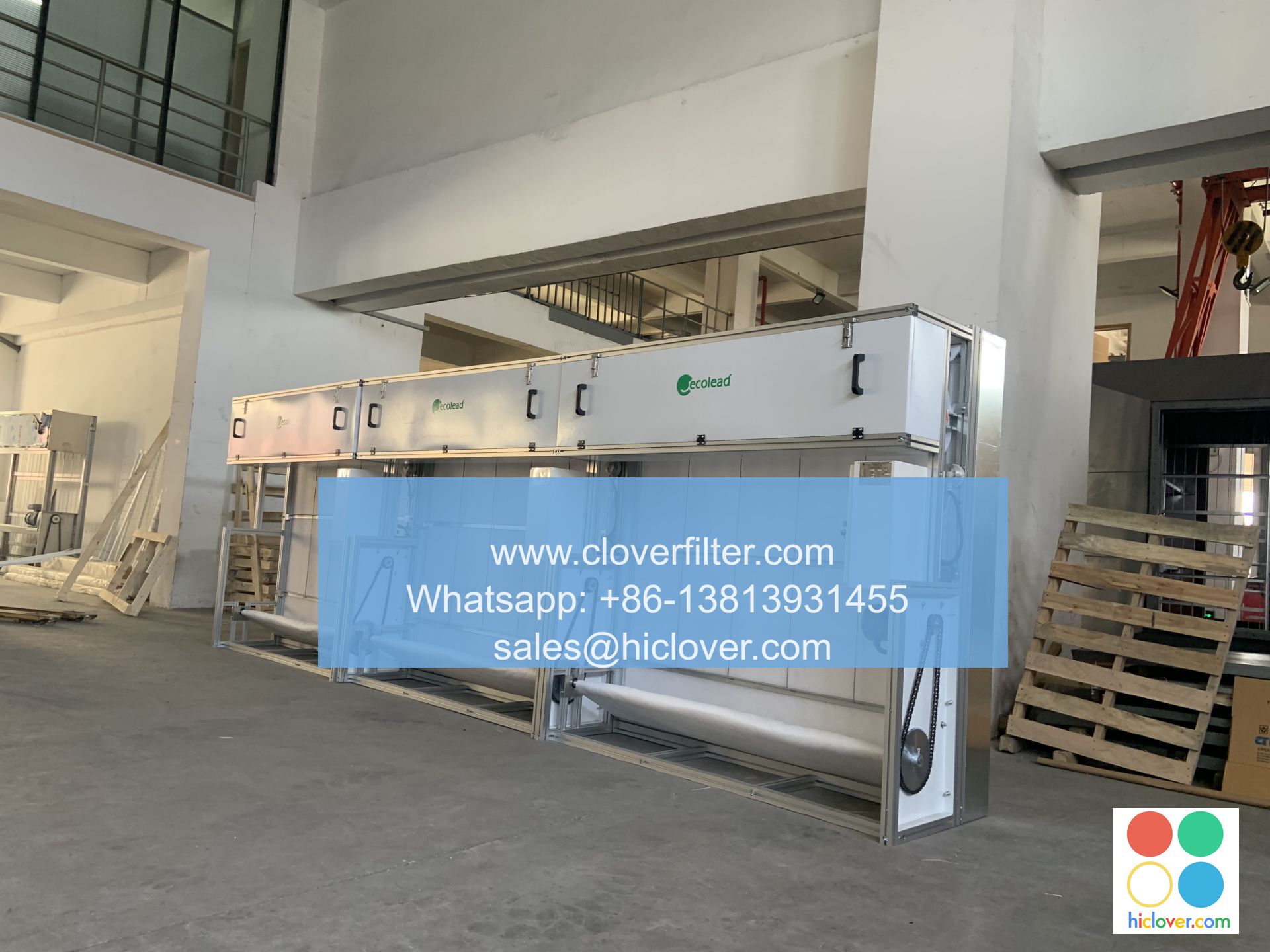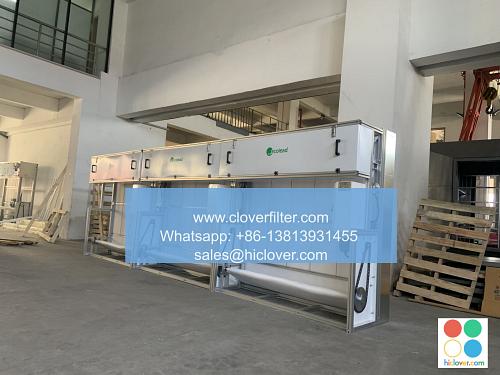The Role of Air Filters in Controlling Asthma Triggers

Asthma is a chronic respiratory disease that affects millions of people worldwide, causing symptoms such as wheezing, coughing, and shortness of breath. One of the most effective ways to manage asthma is by controlling triggers that can exacerbate the condition. In this article, we will explore the crucial role of air filters in controlling asthma triggers and improving indoor air quality.
What are Asthma Triggers?
Asthma triggers are substances or conditions that can cause an asthma attack. Common triggers include allergens such as dust mites, mold, and pet dander, as well as irritants like tobacco smoke, pollution, and strong chemicals. Outdoor air pollution and indoor air pollution can also contribute to asthma triggers.
How Do Air Filters Help?
Air filtration systems are designed to remove airborne particles and pollutants from the air, creating a healthier indoor environment. By using high-efficiency air filters, such as HEPA filters or activated carbon filters, you can effectively reduce the amount of asthma triggers in the air. These filters can capture 99.97% of particles as small as 0.3 microns, including dust, pollen, and other allergens.
Application Areas for Air Filters
Air filters can be applied in various areas to control asthma triggers, including:
* Home air filtration systems: Whole-house air filtration systems or portable air purifiers can be used to remove allergens and irritants from the air.
* Commercial HVAC systems: High-efficiency air filters can be installed in commercial heating, ventilation, and air conditioning (HVAC) systems to improve indoor air quality.
* Vehicle air filtration systems: Air filters can be installed in cars to remove pollutants and allergens from the air, creating a healthier driving environment.
* Industrial air filtration systems: Industrial air filters can be used to remove pollutants and particles from the air in workplaces, such as factories and warehouses.
Benefits of Using Air Filters
Using air filters to control asthma triggers can have numerous benefits, including:
* Reduced symptom severity: By removing allergens and irritants from the air, air filters can help reduce the severity of asthma symptoms.
* Improved indoor air quality: Air filters can help remove pollutants and particles from the air, creating a healthier indoor environment.
* Increased energy efficiency: High-efficiency air filters can help reduce energy consumption by allowing HVAC systems to operate more efficiently.
Conclusion
In conclusion, air filters play a vital role in controlling asthma triggers and improving indoor air quality. By using high-efficiency air filters in various application areas, you can effectively reduce the amount of allergens and irritants in the air, creating a healthier environment for people with asthma. Remember to regularly maintain and replace your air filters to ensure optimal performance and effectiveness. It seems like you’re looking to start a conversation or need assistance with something, but you haven’t specified what’s on your mind. Could you please provide more details or ask a question? I’m here to help with information, discussions, or any inquiries you might have.

